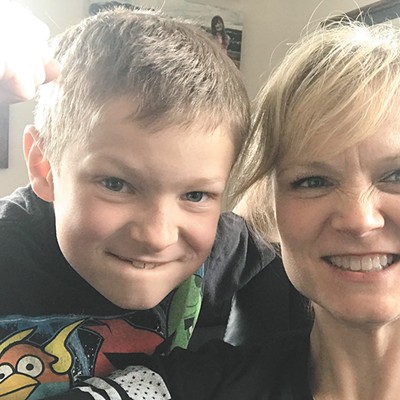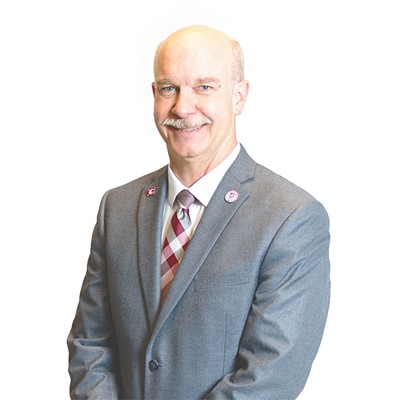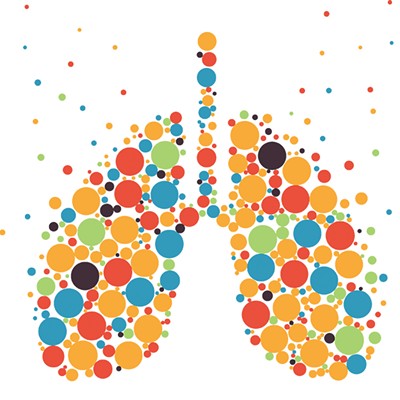Electronic health records were supposed to change the world, for patients and their caregivers, providing real-time, portable access to one's entire health record, all in one place, with a few keystrokes. The vast majority of hospitals are now using some form of electronic health records, but have the systems, implemented at substantial costs, lived up to the hype?
"EHRs have been a mixed blessing for many of us," says Darryl Potyk, an internal medicine specialist at Providence Health Services, which uses Epic, a popular EHR system. "It's a tool and I'm really quite hopeful that some of the workflow issues can get streamlined."
For patients, however, a visit to the doctor may sometimes seem more like a data entry session, with the physician typing away and only occasionally making eye contact.
"One of my colleagues says, 'We're not doctors anymore, we're clickoligists,'" Potyk says.
Brian Seppi, another internal medicine specialist at Providence in Spokane, says he had to work at improving patient interaction while typing on his computer. "It's a learned behavior to be able to do that," he says. "If it's something that requires a lot of attention, I'll push away from the computer."
Still, for Potyk, there is some truth to the notion that visits to the doctor have fundamentally changed with the introduction of EHRs. "The templates often don't fully capture the thinking that the physicians are doing," he says. "Now it's a series of check boxes that you click."
And for all the hype, EHRs aren't even helping doctors save time. In fact, it's quite the opposite. "It's not at all uncommon to have physicians doing their work late into the night," Potyk says. "There's many, many cases that we all know about where people are working throughout the day, getting the basics done, but then finishing their notes late into the evening after dinner, after they've put their kids to bed."
In fact, a Medscape project surveying 15,000 physicians in 29 specialties on their "well being," revealed considerable discontent. Forty-eight percent of women and 38 percent of men said they were "burned out." Among those with self-described "burnout," 56 percent attributed those feelings to too many "bureaucratic" tasks and 24 percent specifically to frustration with electronic health records, which have been found to take up as much as half of a physician's workday.
Potyk says that some of the complaints about EHRs are due to older physicians not adapting well to a digital interface.
"We have a lot of physicians who aren't tech savvy and would choose not to use EHR." As chief of medical education for UW Medicine's Gonzaga partnership, Potyk works with med students and thinks the up-and-coming generation of physicians are probably better equipped to efficiently use EHR systems, as well as adjust to the frequent tweaks EHR manufacturers are making to their products.
"I don't see EHRs as being the burnout boogeyman," he says. "They're getting better, the interfaces are getting better, we're seeing a lot of evolution."
But he still acknowledges the impacts of the current issues with EHRs:
"We're all, as a result of some of the inefficiencies, feeling like that hamster on the wheel," Potyk says.





















